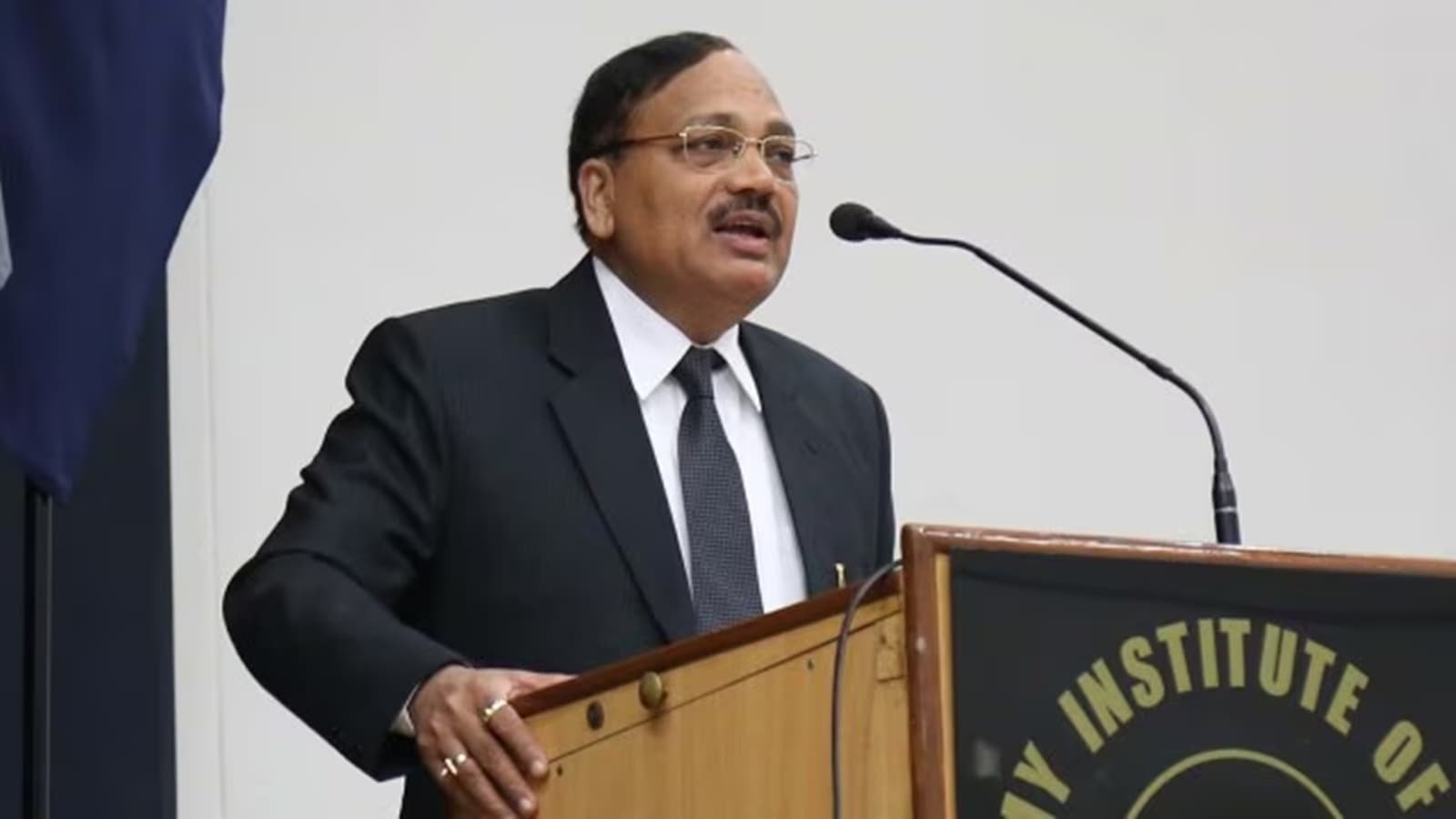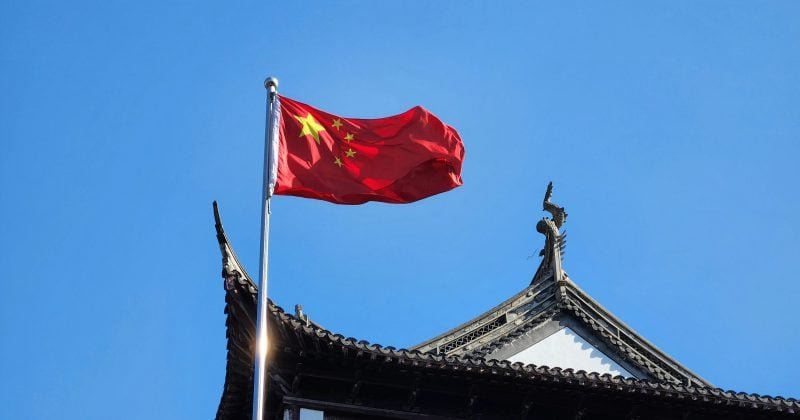Courts “deepen” democracy when they “act to empower the powerless, grounded in constitutional text and moral clarity”, Supreme Court judge Justice Surya Kant said Thursday.
He was speaking at the Supreme Court of Sri Lanka on ‘The living Constitution: How the Indian Judiciary Shapes and Safeguards Constitutionalism’.
Justice Kant also spoke at the Inaugural BASL Human Rights Oration organised by the Bar Association of Sri Lanka in collaboration with Commonwealth Legal Education Association on the theme ‘Strengthening a Legal Aid System to Achieve Human Rights of Marginalized and Minorities: The Indian Case Study’ where he said the mission of the colonial administration to “civilise was, in reality, an exercise of power that curtailed many of the rights and freedoms Indians had traditionally enjoyed”.
At the Supreme Court event, he said the answer to “what transforms the Constitution… into a living, breathing instrument…lies in the Indian Judiciary’s interpretive spirit, which ensures that the text of the Constitution continually evolves rather than remaining as a static relic”.
Justice Kant pointed out that the decision in the landmark case of Kesavananda Bharati vs State of Kerala wherein the SC held that while “Parliament possesses vast powers to amend the Constitution, it cannot destroy its basic structure”, and “among the most sacred elements of that structure are the separation of powers and judicial review”, transformed the judiciary from a mere interpreter of the Constitution into its guardian”.
On the separation of powers, he said, “A prominent example lies in the judiciary’s dominance over appointments to the Supreme Court and High Courts” and the existing mechanism serves to substantially preserve the judiciary’s autonomy.
“The Indian judiciary is entrusted with the profound power of examining the constitutionality of actions undertaken by every organ of the State under the aegis of judicial review. This includes the authority to scrutinise decisions made by constitutional functionaries such as the Election Commission, the Speaker of the Lok Sabha, state Legislative Assemblies, and the Governors of States… This expansive power of review is a cornerstone of India’s constitutional democracy… If the separation of powers is the architecture of India’s constitutional democracy, judicial review is its heartbeat,” said Justice Kant.
Story continues below this ad
“When courts act to empower the powerless, grounded in constitutional text and moral clarity, they do not usurp democracy—they deepen it,” he said.



